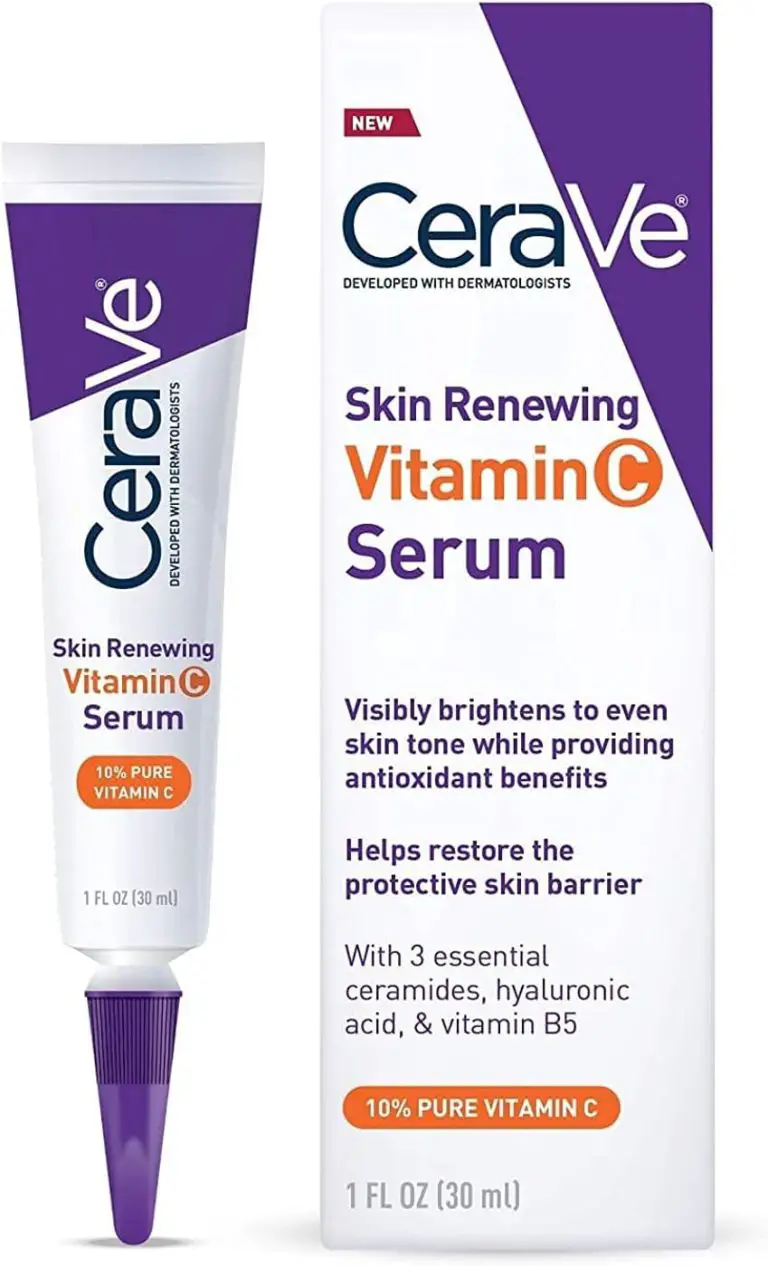What is Folate Serum: Essential Guide to Understanding Its Role
Folate serum, or folic acid or vitamin B9, is an essential nutrient the body requires for various vital functions. Folate serum plays a crucial role in supporting the brain function, immune system, and the production of DNA and red blood cells.
This comprehensive guide will explore the significance of folate serum in maintaining good health. We will delve into the measurement and interpretation of folate serum levels and discuss the importance of testing and monitoring these levels for overall well-being. We will also provide practical tips and recommendations for individuals to maintain optimal folate serum levels.
Key Takeaways
- Folate serum is an essential nutrient the body requires for several vital functions.
- Folate serum supports the immune system, brain function, DNA, and red blood cell production.
- Testing and monitoring folate serum levels is essential for overall well-being.
- Practical tips and recommendations can help individuals maintain optimal folate serum levels.
Exploring Folate Serum Levels and Testing
Folate serum levels refer to the amount of folate in an individual’s blood. Testing for folate serum levels is crucial in keeping good health and preventing potential health issues.
Several methods are used to measure folate serum levels, including blood and urine tests. Blood tests are the most common method for measuring folate serum levels, as they provide accurate and reliable results.
Exploring Folate Serum Levels
The normal range for folate serum levels in adults is between 2 and 15 ng/mL. Levels below two ng/mL are considered deficient, while levels above 15 ng/mL are considered high.
It is important to note that certain factors can affect folate serum levels, such as age, gender, diet, and medication use. For example, pregnant women require higher folate levels to support fetal growth and development.
The Importance of Testing
Testing for folate serum levels is essential for several reasons. First, folate is critical in many bodily functions, including producing and maintaining DNA and red blood cells.
Second, folate deficiency is linked to several health issues, including anemia, congenital disabilities, and cognitive decline in older adults. Testing for folate, serum levels can help identify potential deficiencies and prevent these health issues from occurring.
Lastly, monitoring folate serum levels can help individuals recogonize potential health risks and make necessary lifestyle changes to maintain optimal health.
Understanding the Role of Folate Serum
Folate serum, also known as folic acid or vitamin B9, is vital in maintaining overall health and well-being. It is a water-soluble vitamin essential for numerous bodily functions, including cell growth and division, brain function, and the creation of DNA and RNA.
Folate serum also supports the formation of red and white blood cells and helps to reduce the risk of congenital disabilities during pregnancy. It is important to note that the body does not produce folate serum, so it must be obtained through diet or supplementation.
Research has also linked folate serum to a reduced risk of certain chronic conditions, such as Alzheimer’s disease, cardiovascular disease, and certain types of cancer. These benefits may be due to folate serum’s role in decreasing inflammation and supporting the immune system.
How Does Folate Serum Work?
Once ingested through diet or supplementation, folate serum is transformed into its active form, known as 5-methyltetrahydrofolate (5-MTHF). The body then uses this active form to support numerous essential processes, such as the production of new cells and the synthesis of DNA and RNA.
Because folate serum is essential for cell division and growth, it is particularly vital for pregnant women and developing fetuses. Folate serum supplementation is often recommended during pregnancy to prevent congenital dysfuntion such as spina bifida and anencephaly.
The Significance of Folate Serum in Health
Folate serum, also known as vitamin B9, is critical in maintaining optimal health. This essential nutrient is required for various bodily processes, including DNA synthesis, cell division, and protein metabolism.
Folate serum deficiency can significantly affect various aspects of an individual’s health, particularly for pregnant women and developing fetuses. Inadequate folate serum levels can increase the risk of neural tube defects in babies, leading to anemia and other health issues in adults.
Additionally, research suggests that low folate serum levels may be connected with an increased risk of cardiovascular disease, cognitive decline, and certain cancers. Therefore, it is crucial to maintain adequate folate serum levels to support overall health and well-being.
If you suspect you may have a folate serum deficiency, you must speak with your healthcare provider, who can recommend appropriate testing and treatment options. Additionally, a well-balanced diet that includes folate-rich foods such as green vegetables, beans, and citrus fruits or a folate supplement can help maintain healthy folate serum levels.
Understanding the Folate Serum Range
Folate serum levels can vary depending on various factors, including age, sex, and overall health status. However, there is a general range considered to be within the normal range for most individuals.
| Folate Serum Level | Interpretation |
|---|---|
| Less than 4 ng/mL | Deficient |
| 4-20 ng/mL | Normal |
| Greater than 20 ng/mL | Potentially excessive |
It’s important to note that these ranges may vary depending on the laboratory conducting the testing. Additionally, individual circumstances may require interpretation outside of these ranges.
Suppose you are concerned about your folate serum levels. In that case, it is recommended that you speak with a healthcare provider to interpret your specific results and determine any necessary actions for maintaining healthy levels.
Interpreting Folate Serum Measurements
Interpreting folate, serum measurements can provide valuable insights into an individual’s health status. Folate serum levels are measured through a blood test and are reported in nanograms per milliliter (ng/mL) or nanomoles per liter (nmol/L).
The normal range for folate serum levels is generally considered to be between 2.7 and 17.0 ng/mL (6.2 and 38.7 nmol/L). Levels below this range may indicate folate deficiency, while levels that exceed this range may suggest over-supplementation or other underlying health issues.
It’s important to note that folate serum levels can be influenced by age, sex, pregnancy, alcohol consumption, and certain medications. For example, pregnant women or breastfeeding may require higher folate levels to support fetal development and lactation.
In order to interpret folate, serum measurements should be done with other diagnostic tests and clinical evaluations. An individual’s healthcare provider can help analyze test results and determine appropriate treatment options.
The Impact of Folate Serum on Specific Health Conditions
While folate serum is essential for overall health, it can also significantly impact specific health conditions.
Research has found that maintaining appropriate folate serum levels may help prevent certain birth defects, such as neural tube defects, in pregnant women. Additionally, folate serum has been linked to a decreased risk of cardiovascular disease and may also play a role in protecting certain types of cancer.
| Health Condition | Impact of Folate Serum |
|---|---|
| Depression | Evidence suggests that folate serum may play a role in reducing symptoms of depression. Individuals with low folate serum levels may be at a greater risk of developing depression. |
| Cognitive Decline | Studies have shown that people with low folate serum levels may be at a greater risk of experiencing cognitive decline and developing dementia in later years. |
| Anemia | Folate serum plays a crucial role in the production of red blood cells, and individuals with low folate serum levels may be at a greater risk of developing anemia. |
It is important to note that while folate serum can positively impact certain health conditions, it is not a cure-all or a replacement for medical treatment. Individuals should always consult their healthcare provider about the best action for their specific health needs.
Recommendations for Maintaining Optimal Folate Serum Levels
As folate serum plays an essential role in maintaining good health, it is crucial to ensure that we maintain optimal levels. Here are some recommendations:
- Eat a balanced diet: One of the way to maintain optimal folate serum levels is by ensuring a balanced diet. Ensure that you consume plenty of leafy green vegetables, fruits, grains, and legumes.
- Take a folic acid supplement: If you have a deficiency or trouble maintaining optimal folate levels through diet alone, taking a folic acid supplement can improve your grades. Make sure to consult your healthcare provider before starting any supplements.
- Limit alcohol intake: Alcohol can impair folate absorption, leading to lower levels. To maintain optimal levels, it is essential to avoid excessive alcohol intake.
- Quit smoking: Smoking can deplete folate levels and contribute to folate deficiency. Quitting smoking can help maintain optimal levels and improve overall health.
- Manage chronic conditions: Chronic conditions like inflammatory bowel disease, celiac disease, and chronic liver disease can impair folate absorption and lead to deficiency. Proper management of these conditions can help maintain optimal levels.
By following these recommendations, you can maintain optimal folate serum levels and support overall well-being. However, if you’re experiencing deficiency symptoms or are concerned about your folate serum levels, it is essential to speak to your healthcare provider.
Take Action for Your Health
If you suspect a folate deficiency, consult your healthcare provider, who can order a serum test to determine your current levels. Changing your diet, taking supplements, and adopting a healthier lifestyle can help you maintain optimal folate serum levels and support overall well-being.
Conclusion
Understanding the role of folate serum in the body is essential for maintaining optimal health. Regular monitoring of folate serum levels can provide insights into potential deficiencies and allow for prompt intervention.
Individuals should aim to maintain healthy folate serum levels through a balanced diet rich in folate, as well as supplements and lifestyle modifications as necessary.

I’m Carol Edwards, the force behind SerumDeals.com – your one-stop for all things serum. With over a decade of obsessing over skincare, I’m here to demystify sensational skin. I dig deep, testing serums in action. Beyond the surface, I uncover actual effectiveness. From ingredient breakdowns to real-life testing, my reviews are your trustworthy guide. Whether you’re a skincare rookie or diving into specifics like anti-aging or hydration, I’ve got your back with accurate info. Let’s simplify the serum journey together. SerumDeals.com isn’t just a site; it’s a hub for thriving skincare aficionados. Join me to uncover vibrant skin, one serum at a time.
Glowingly, Carol Edwards







